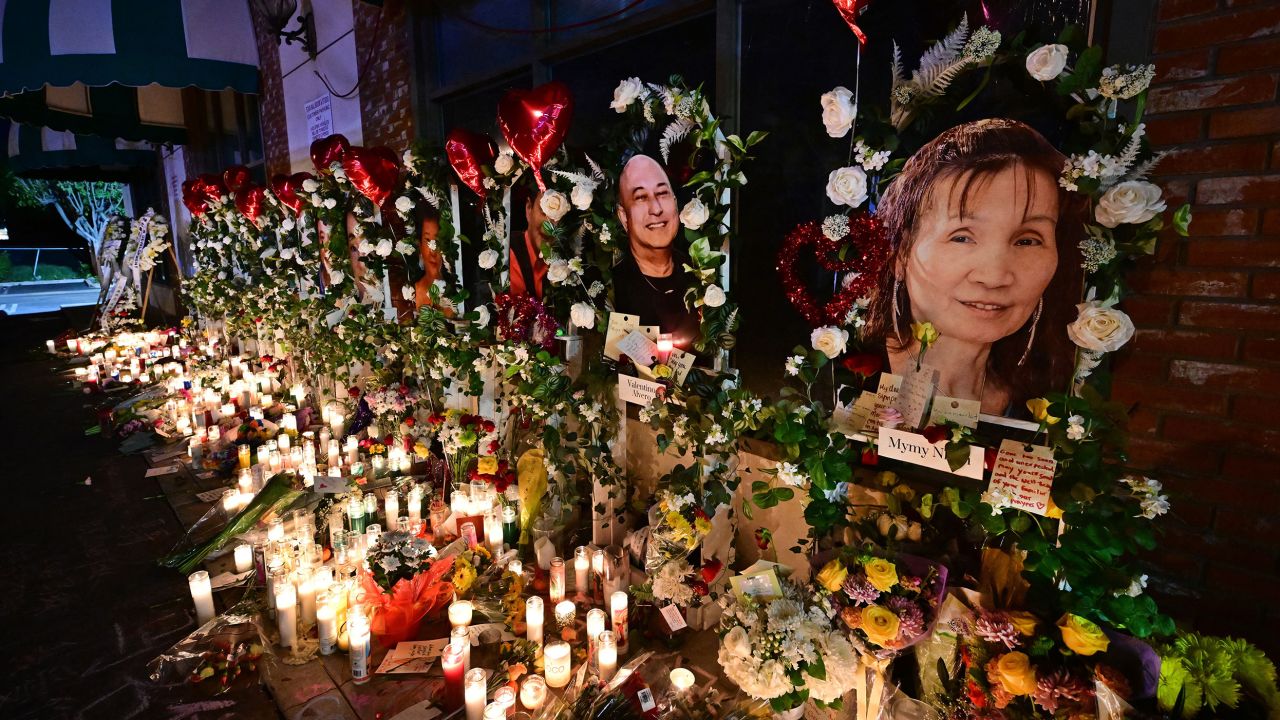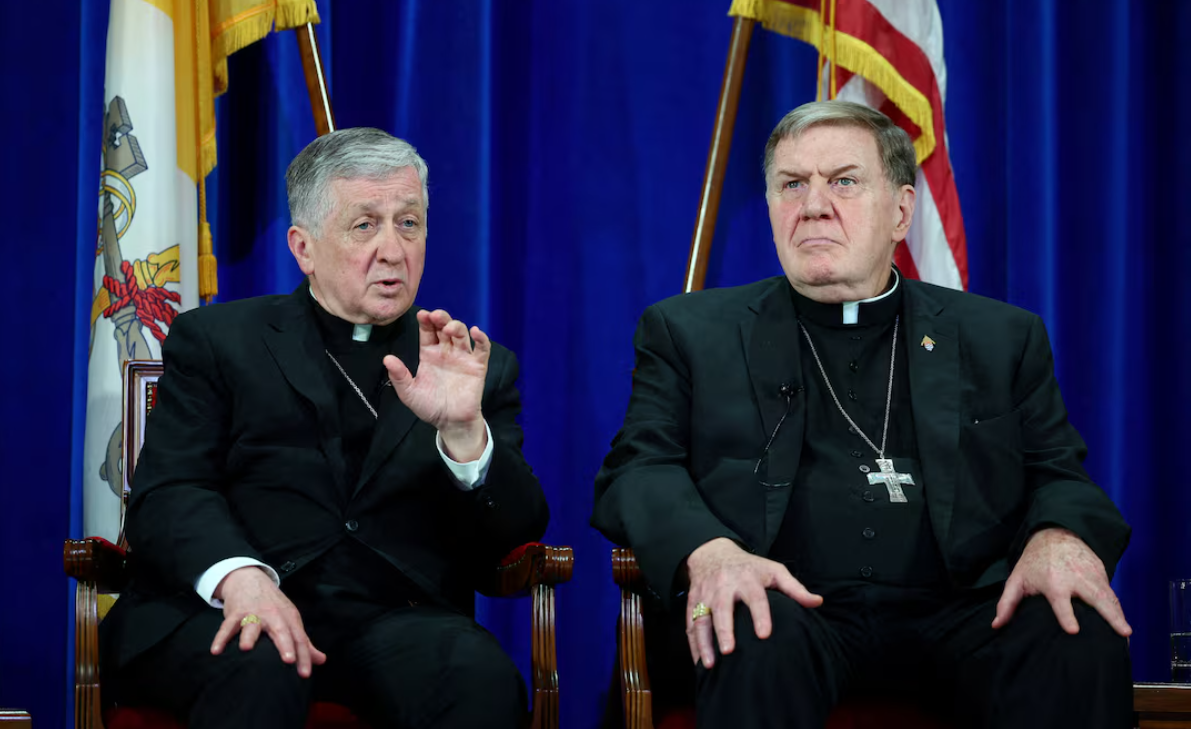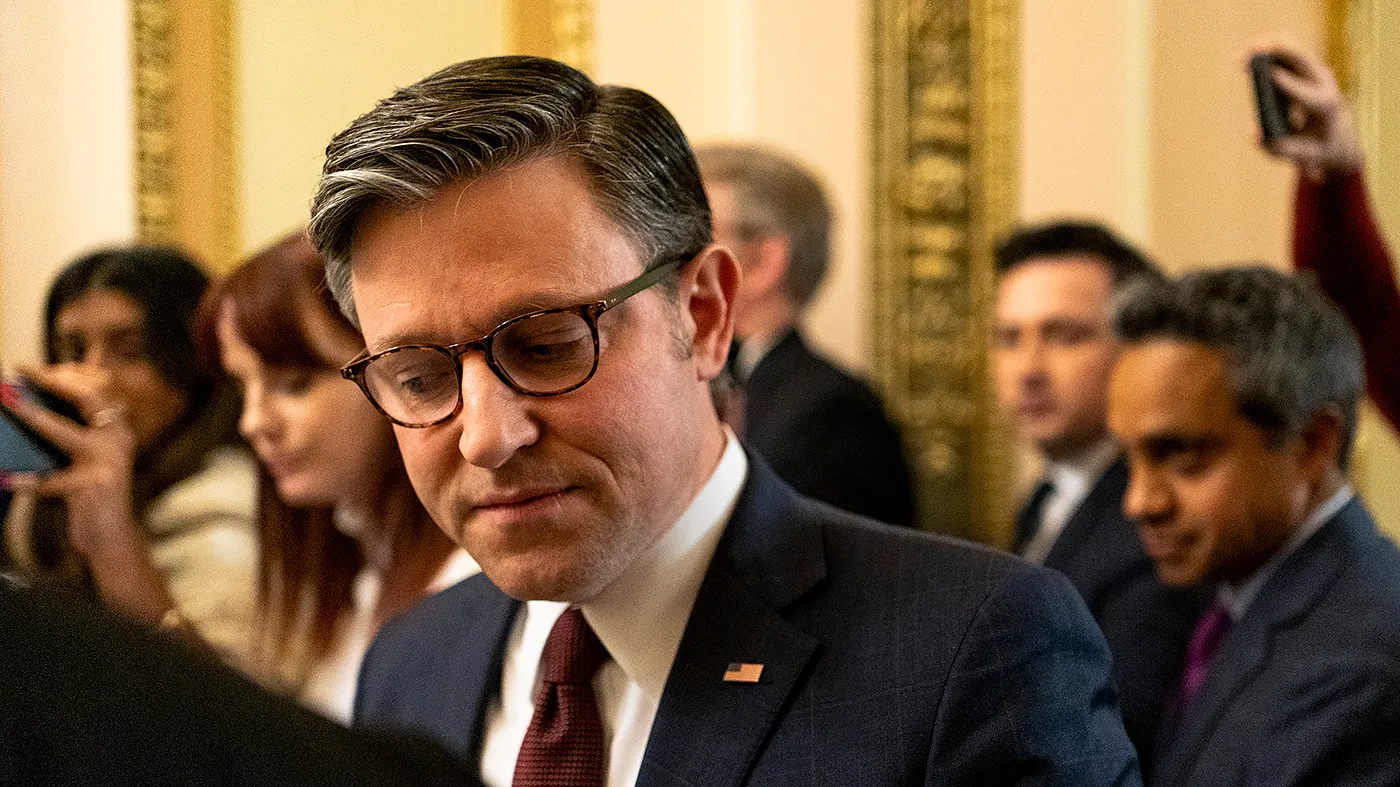Three new entries in America’s roster of tragedy burst from obscurity to their haunting moment in the media spotlight and exemplified societal undercurrents of violence, injustice and grief.
A week that began with the nation reeling from more mass shootings ends with it bracing for the release of video capturing the beating of yet another Black man pulled over for a police traffic stop who ended up dead.
Nichols, a 29-year-old from Memphis, became the latest victim suddenly introduced to millions of Americans after his death. A grand jury Thursday returned murder indictments against five since-fired police officers involved in his arrest. With tensions rising in Tennessee and further afield, the city of Memphis will release video of the arrest on Friday evening. It will be an ordeal. “I’ve seen the video. … You will too. In a word, it’s absolutely appalling,” said Tennessee Bureau of Investigation Director David Rausch.
In California, meanwhile, grieving families are processing the horror that suddenly pitches a town or city into the public eye and epitomizes an epidemic of lone gunmen unleashing massacres in everyday places where people trusted they were safe.
At a dance studio on Saturday night in Monterey Park, 11 people between the ages of 57 and 76 were killed celebrating Lunar New Year. Unbelievably, on Monday, it happened again. Seven innocent people died in a mass shooting that unfolded at a mushroom farm and near a trucking facility. The community’s sense of peace was “destroyed by senseless death,” California Assemblymember Marc Berman said.
Political failures
Aside from the brutal, sudden arrival of needless death, this week’s shootings and the aftermath of the loss of another young man are not linked. But there is a sense that the rituals of anger and mourning after such horrors are familiar. A fresh batch of relatives is thrust into the gauntlet of interviews and news conferences as well as the political melees often stirred by tragic incidents. They are like new characters reciting the same lines of anger and disbelief in an endless cycle of loss.
The trauma afflicting California and Memphis this week also touches on areas in which a polarized political system has failed, repeatedly, to make progress to stop such tragedies from happening. The rituals after mass shootings – of politicians expressing condolences, liberals demanding gun reform and conservatives deflecting blame from lax firearms laws – lead almost always to not much being done.
A similarly politicized debate over police reform delivers futility after almost every incident of apparent brutality. After a spate of deaths of young Black men at police hands, a bipartisan attempt to address officer conduct foundered in 2021 and has little chance of a revival in now-divided Washington. Caricatured arguments over whether Democrats want to “defund” the police – many do not – and the amped-up politics around guns effectively paralyze any hope of change.
Another tragic encounter
The tragedy of Tyre Nichols is deepened by its familiarity. He was taken to the hospital after his arrest on January 7 and died three days later from injuries sustained when he was taken into custody. After his family and attorneys met with police and viewed videos of his arrest, momentum steadily built for accountability as the story generated local and then national headlines. It all led up to Thursday’s indictments.
The face of Nichols is now smiling out from a photo on every television station or news website. His name has joined those of George Floyd, Breonna Taylor, Daunte Wright and countless others who in death rose to prominence and became examples of America’s struggles against police brutality. Others like Ahmaud Arbery and Trayvon Martin, more broadly, have become casualties of societal and individual racism.
It’s important that these names are remembered – given both the individuals they were and the unresolved national pain they represent. Prominent civil rights and wrongful death attorneys Ben Crump and Antonio Romanucci made this point in a statement issued on behalf of the Nichols family on Thursday.
“This young man lost his life in a particularly disgusting manner that points to the desperate need for change and reform to ensure this violence stops occurring during low-threat procedures, like in this case, a traffic stop,” they wrote.
Enter your email to subscribe to the CNN Five Things Newsletter.
“This tragedy meets the absolute definition of a needless and unnecessary death. Tyre’s loved ones’ lives were forever changed when he was beaten to death, and we will keep saying his name until justice is served.”
Yet it’s haunting that millions of Americans who never met Nichols only now know him in death. It’s a dehumanizing trend that victims become metaphors for a social blight or political failures and their lifetimes are fitted into established narratives when they can no longer write their own stories. That’s why an anecdote about Nichols – like how he loved to rush out in the evenings to take snapshots of sunsets – is so important to restoring a piece of his humanity.
The release of the video on Friday, which has officials from President Joe Biden on downwards warning against a violent reaction, will offer new insight into Nichols’ death. As will the prosecution of the five former officers. A trial will also likely feature context about a challenging public order and crime situation in Memphis, intensive police tactics and how conditions set off a chain of events where a routine traffic stop could end so awfully.
Unlike many recent incidents where young Black men have been disproportionately impacted in encounters with White police officers, the case in Memphis involved five Black officers.
The names and places that define America’s week of ‘tragedy upon tragedy’




